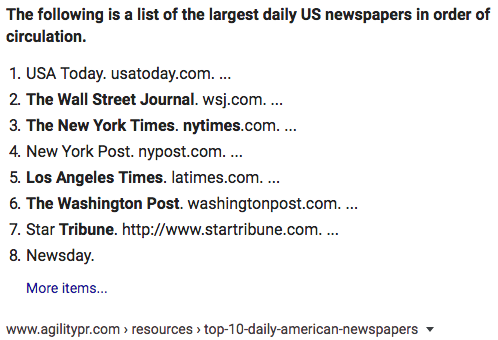Not flinty or harsh words, but difficult words; words I trip on when reading Henry James novels (rebarbitive), sci-fi by Kim Stanley Robinson (piste), and books on economics (limn). Scientific or technical terms are out of bounds.
I’m surprised, being an over-educated native speaker aged 67 years, that I don’t have a better command of the non-technical vocabulary of English. Sometimes it’s words I hear often but ignore – like ‘bespoke’. Now I’m on a hunt for these odd words.
Abnegate: renounce or reject something desired or valuable.
Adumbrate: represent in outline.
Aphorism: a pithy observation that contains a general truth, such as, “if it ain’t broke, don’t fix it.”
Apotheosis: culmination or climax.
Apposite: apt in the circumstances or in relation to something.
Bedizen: dress up or decorate gaudily.
Bespoke: made for a particular customer or user.
Bruxism: involuntary habitual grinding of the teeth, typically during sleep.
Calumny: slander.
Category error: the error of assigning to something a quality or action that can properly be assigned to things only of another category, for example, treating abstract concepts as though they had a physical location.
Dialectic: a discourse between two or more people holding different points of view about a subject but wishing to establish the truth through reasoned arguments.
Dirigisme: state control of economic and social matters. See also ‘barack obama’.
Disingenuous; not candid or sincere, typically by pretending that one knows less about something than one really does.
Emollient: having the quality of softening or soothing the skin.
Epigram: a brief, interesting, memorable, and sometimes surprising or satirical statement. My favorite: “slippery-er than deer guts on a doorknob.”
Epistolary: in the form of letters.
Genotype: the genetic constitution of an individual organism.
Hermetic: airtight, or relating to an ancient occult tradition.
Hermetist: an esoteric tradition.
Incommensurate: out of proportion.
Ligature: a thing used for tying or binding something tightly.
Limn: depict or describe.
Ludic: showing spontaneous and undirected playfulness.
Meme: an idea, behavior, or style that spreads from person to person within a culture—often with the aim of conveying a particular phenomenon, theme, or meaning represented by the meme. A meme acts as a unit for carrying cultural ideas.
Mimetic: exhibiting mimicry.
Obloquy: verbal abuse.
Obtuse; annoyingly insensitive or slow to understand.
Ontology: a set of concepts and categories in a subject area or domain that shows their properties and the relations between them.
Pathos: a quality that evokes pity.
Phenotype: the composite of the organism’s observable characteristics or traits.
Piste: a ski run of compacted snow.
Proleptic: anticipating.
Rebarbitive: unattractive and objectionable.
Selfsame: exactly the same.
Semiotics: study of signs and symbols.
Stochastic: randomly determined.
Trope: a figurative or metaphorical use of a word or expression.
Vastation: the process of emptying or purifying.
Vouchsafe: give or grant (something) to (someone) in a gracious or condescending manner.
The Bottom Line
I look up definitions, and now ‘bespoke’ no longer mystifies me. I look forward to the day when Lester Holt uses ‘rebarbitive’ when reading the news on NBC; and now, I’m intrigued by etymology. How does one explain a word like ‘ludic’? Now where could ‘ludic’ possibly come from? Answer: it comes from Latin, and French.
